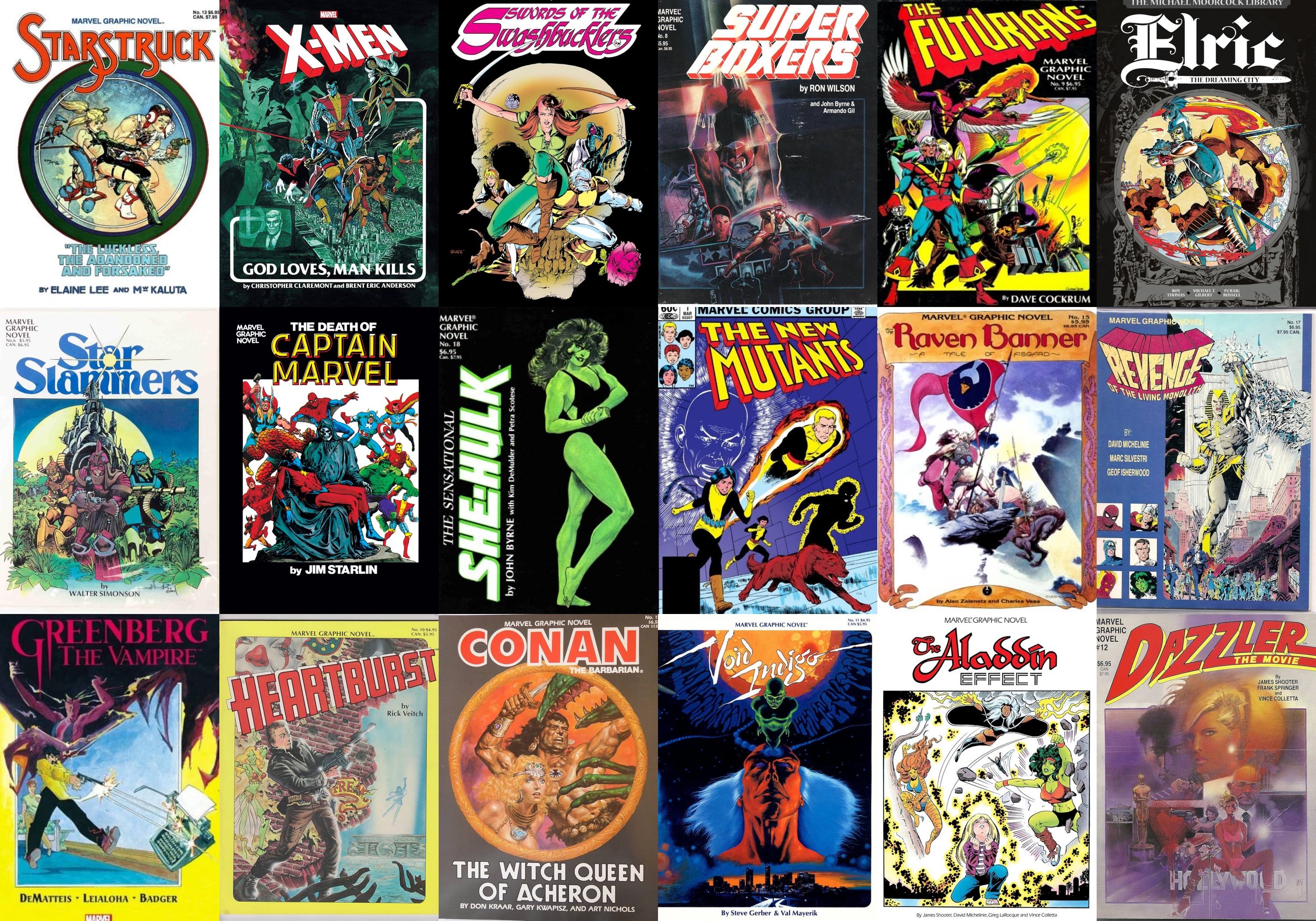The Golem’s Eye And A Rebel’s Heart
YA Revisited

The idea of a revolution that upends the status quo is frequently tread ground in the realm of Young Adult novels and fiction in general. In the second book of the Bartimaeus Sequence, The Golem’s Eye, author Jonathan Stroud faces the themes of rebellion and struggle in a straightforward but invigorating manner. Adding a needed perspective and widening the scope of his world, the follow-up to The Amulet of Samarkand elevates and does not deviate from the established themes of power and responsibility. Where the former novel focused on the idea of empires and those who sustain them, the sequel shines a light on the direct victims of systemic oppression and the fight for dignity.
The Boys Are Back and Badder than Ever
The antagonistic protagonists, the djinni Bartimaeus and the magician Nathaniel return as the main characters for the Golem’s Eye. While Nathaniel has matured in many ways and has moved up in the bureaucratic world of magicians, his unaging servant remains the same sarcastic demon. There’s no significant change in the relationship between the djinni and his imposed master, with the tense dynamic of self-success and natural empathy continuing throughout the novel.
Bartimaeus continues to draw parallels between Nathaniel and Ptolemy, a former master of the djinni, with whom he had a uniquely close relationship. We get glimpses of this past partnership whenever Nathaniel performs well either morally or as a magician, as Bartimaeus is quick to compare them. There is continuing tension from Bartimaeus knowing Nathaniel’s real name, a deadly concept within the world they inhabit, which is downgraded in focus in this entry as opposed to the former. The positive feelings Bartimaeus now harbors for Nathaniel, particularly the similarities with Ptolemy, seem poised to override any actual damage the djinni could do to the magician.
Bartimaeus may sense buried qualities that could redeem Nathaniel in the long run, but the boy does not lean into them voluntarily. Nathaniel is a young star in the British government following his actions in the previous book, and his success taught him questionable lessons at best. With no real personal connections left after his tumultuous past, Nathaniel finds approval almost solely through his professional advancement. The limited ways to move up in the world of the magicians do not promote much besides self-preservation and opportunistic strikes. As such, the framework Nathaniel is trying to fit his lived experiences into becomes distorted as he climbs in status.
The only consistent factor Nathaniel can cling to is that magicians are superior and more capable than the commoners. A few key moments seemed to really contrast Nathaniel’s worldview to the core.
In a memorable scene where the government magicians are uncharacteristically collaborating and summoning their djinni in a mass gathering, the rigid rules of the magic system are laid bare. While trying to unite and merge their forces to protect the city, one magician makes a mistake in their summoning due to a sabotaged book. The djinni wastes no time in taking advantage of their broken bonds and proceeds to violently extinguish the magician before taking their leave. Nathaniel initially sees this as a mistake on the magician’s part, and the attack serves as a reminder of the ruthless world in which not just the djinni are trapped but where the magicians are similarly forced to compete against each other. The magician’s death is a result of a commoner tampering with the book during the publication process, which reveals to Nathaniel another layer to the world of which he is naive and exposes another weak point in the structural society of the magicians.
The previous entry in the Bartimaeus series focused firmly on the murky motivations of the magicians who hold the most power. There is a clear indication that nearly all magicians aim for goals that are more personal than they let on and that those at the top are not necessarily the most capable. The incompetence of the magicians is a building thread through The Golem’s Eye, on which Bartimaeus frequently comments, but Nathaniel is willingly ignorant. Moving up in the ranks, Nathaniel learns to take advantage of the failings of his peers but does not fully grasp the implications of their lack of capabilities on his worldview as a whole. His areas of dissonance are some of what makes Nathaniel the most interesting and relatable.
Kathleen ‘Kitty’ Jones
In The Amulet of Samarkand, the most compelling and sparsely explored element of the world built by Stroud is that of the commoners and the resistance. The sequel is almost indulgent in such topics, and they are more often than not filtered through the eyes of Kathleen ‘Kitty’ Jones. Previously introduced as a street thief who stole from Nathaniel, Kitty’s arc is a stellar, if standard, coming-of-age struggle.
Born a middle-class commoner, Kitty is another rung or three below Nathaniel on the ladder of society, though she is still situated well above the unfortunate Bartimaeus. Her parents taught her to fear and obey the magicians as a child, and she learns why in one of her first encounters with them. An accident leads Kitty and her friend Jacob through the justice system, where they are summarily failed by the law and reminded that the only hard truth is the dominance of their superiors. Such a dramatic lesson leads Kitty to drastic measures.
Her opinions and victimization are part of what gets Kitty recruited to the resistance, but she is also targeted due to the revelation that she has a rare innate immunity to magic. In the rebels' ranks, she meets other commoners with similar worldviews; many possess their own talents. Some are not immune to the djinni's power, but they can see the demons and the magic that is obscured or hidden from the general human eye. I’m unsure if trope is the right word, but this is undoubtedly a relatively common concept in fantasy, where a secondary level or system of magic is introduced to contrast with the primary one. In this case, Bartimaeus explains to Kitty that the abilities result from magicians coalescing their powers into a centralized city or area. Any empire built and supported by magicians eventually produces commoners with the talents.
The scope of Kitty’s arc is expansive, with her developing from a naive child to a capable hero at an impressive pace. We see her start with an acceptance of the system, fall prey to it, fight back, and realize the limitations of her fight, all within the short narrative. Her story becomes central but not particularly surprising, as she has a bit of ground to make up in terms of character development compared to the other protagonists. Stroud is able to leverage the new focus character to ensure The Golem’s Eye is as much a coming-of-age story as its predecessor while diving further into the structures that underpin societies, both fictional and otherwise.
Revolution
In my previous commentary in this series, I pointed out the importance of the idea of empires in The Amulet of Samarkand. This continues in the follow-up, but the focus turns from the malice and incompetence that prop up an empire and introduces the concepts that signal the end of an era. While Nathaniel’s story showcases the self-serving exploits and blatant lack of merit in the powerful, Kitty’s allies in the rebellion are the other side of the tragic coin. When the uprising seems to fall, Kitty laments the broken moral character of the resistance leaders and the futility of the fights they engaged in.
There is a stark difference between the magicians' failings and the rebels', with the former clearly instituting more violence for less justifiable means. However, the novel is intent on affirming everyone's capacity for flaws. After the resistance is decimated during a tomb raid, Kitty becomes disillusioned with their past quite quickly, and there is an indication that her journey will involve some new way forward.
It’s unclear exactly where the narrative will strive next, but the potential for a collapsing society or a resurgence of the status quo both harbor potential story value. The series is clearly interested in exploring class structures and their dynamics, culturally or otherwise.
A notable inclusion in The Golem’s Eye was that of people of Jewish faith. It may seem obvious that the Jewish community would be included in a novel advertising its inclusion of a golem. Still, the reference to real-world religion is a bit unexpected, given the series’ effort to establish its own history and mythology. The deviation works well, and the highlighting of the plight of the Jewish people in the fiction emphasizes the authoritarian tendencies of the magician’s worldview and societal structure.
Bartimaeus, Kitty, and Nathaniel have illuminated three distinct perspectives on the society in which they are trapped. From the exploited foreigner to the oppressed rebel to the privileged powerful, they each fully played their role and highlighted their point of view. They become a tad excessively role-focused, with the predictability and familiarity of their archetypes overtaking their individual personalities at times. By and large, though, the third book is primed with three well-rounded characters who are compellingly flawed and a variety of story routes before them.
The question which remains is whether the third book will come across as a culmination of the characters and building threads or will it be more in the line of a narrative rehash and cash-in on the success of the others. The first two books give me hope, but the book’s inability to draw me in on the actual plot elements of the story leaves me worried that the ending will focus too much on the metaphysical or spiritual and not enough on the concrete systems it is critiquing.
During one particularly high-paced scene, Bartimaeus tracks down an ancient spirit inhabiting a skeleton, cartwheeling and racing on the roofs of London. Directly prior, the same spirit lures Kitty into a borderline skin-crawling chapter down in its tomb. Both of these sections were specifically poised for a film. Whether live-action or animated, the story's pacing and the world's depth could be well serviced by an adaption.
Given the space the novel lives in within the young adult and fantasy genres and the time period in which the series was initially released, it is almost surprising that the work never saw the screen. The world is deep and exciting, the action is captivating, and many of the themes are timeless. In contrast, the world's magic system presents a genuine hurdle for any version that would be mainly visual. The basis for the struggle between the djinni and magician is so technical, with so much importance placed on drawing intricate runes and memorizing lengthy Latin phrases, that it becomes poorly tailored for any medium not based squarely in the minds of the characters. The same is true for how magic is expressed in the world, with the multiple planes of visibility allowing characters to see people and objects differently depending on their magic perception level. While it could certainly be interesting, it would be challenging to both depict the interactions between the magical planes and keep a coherent and consistent film narrative.
Ultimately, it comes down to the goals and actual layout of the Bartimaeus series versus its counterparts, such as Percy Jackson or Harry Potter. There is more of a focus on telling individual stories and building the world through anecdotes and time shifts, as opposed to a massive cast of characters and frequent history dumps. Especially in the case of Bartimaeus’ chapters, the use of footnotes becomes so ingrained in the DNA and flow of the work that the story is better served, though it may be another obstacle to proper adaptation.
Citation Station
- The Golem’s Eye, Jonathan Stroud
- The Amulet of Samarkand, Jonathan Stroud



